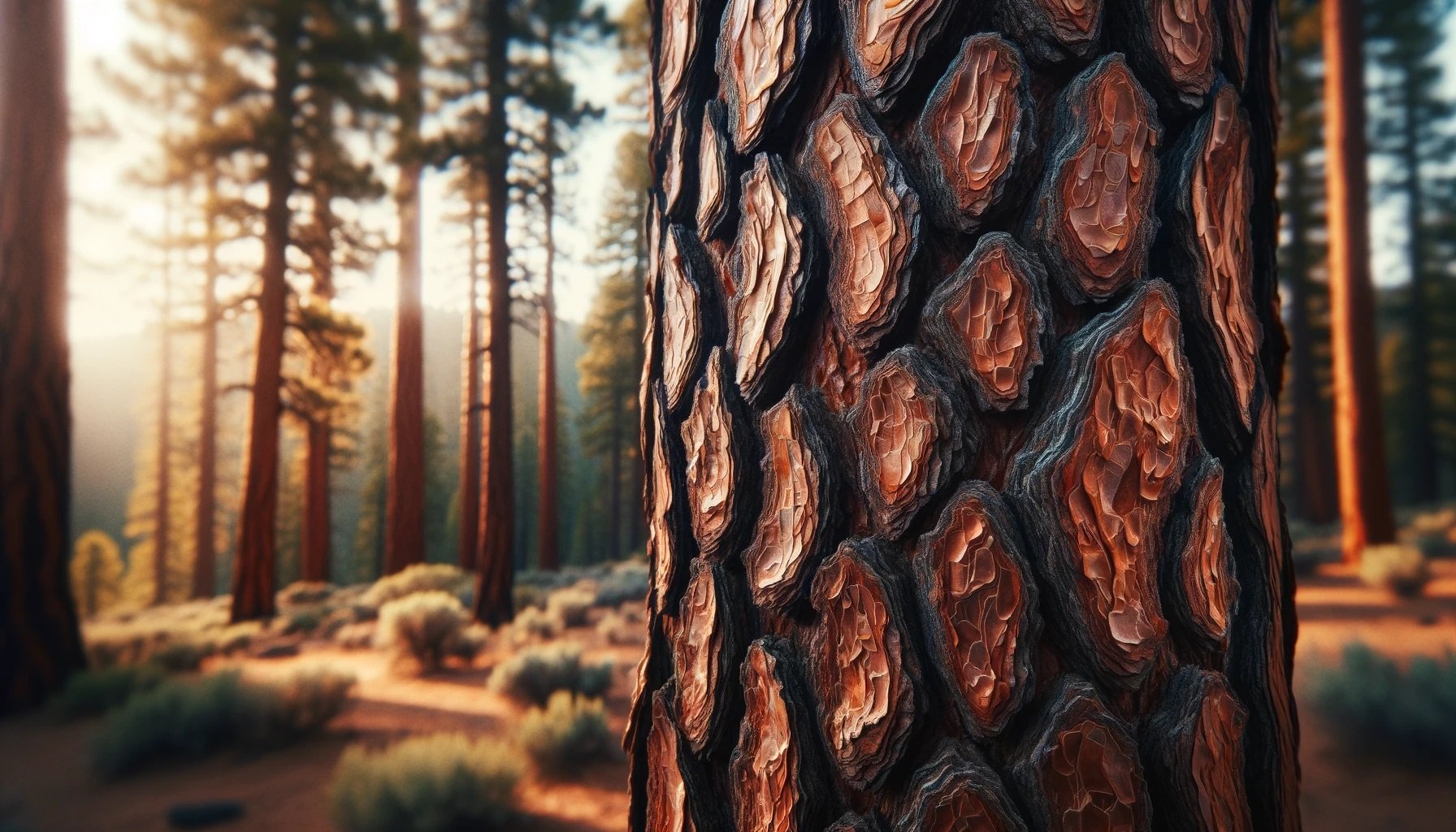What if I could find a tree that actually smells like birthday cake?
Imagine walking through a forest where the usual earthy scent of pine or fresh aroma of eucalyptus is replaced by a sweet, unmistakable smell of birthday cake. This whimsical scenario raises curiosity and enchants us with the idea of trees that smell like birthday cake. But, what if such trees really existed? How would they impact our gardens, our environments, and even our moods?
The Quest for the Birthday Cake Scented Tree
The pursuit of unique scented trees isn't new. Gardeners and botanists have long been enchanted by the idea of enhancing the sensory experiences of natural landscapes. The idea of a tree that smells like cake brings this fascination to the level of a fairy tale.
Reports of the ponderosa pine, which some claim smells like vanilla and caramel, reminiscent of a freshly baked cake, have sparked a broader interest in these aromatic wonders. From casual observers to serious researchers, many are intrigued by the potential of finding and cultivating cake-scented trees.
The Science Behind the Scent
Plants emit various scents through compounds called terpenes, which serve various ecological purposes, from deterring herbivores to attracting pollinators. The concept of a "birthday cake tree" hinges on the presence of specific terpenes that mimic the smell of vanilla, butter, and sugar—all components of the classic birthday cake aroma.
Recent studies, such as a 2020 article from ScienceDirect, explore terpenes' roles in plant communication and defense, providing insight into how we might enhance these natural scents through selective breeding or genetic engineering ScienceDirect, 2020.
Sensory Walk Through a Cake-Scented Grove
As you walk past these trees, the air fills with a creamy, rich scent that tantalizes your senses, making the forest feel like a stroll through a bakery. The ground beneath your feet crunches slightly, the sound mingling with the soft whisper of leaves rustling, carrying whispers of sugar and spice on the breeze.
Ethical and Environmental Considerations
While the idea of genetically modified, scent-enhanced trees is appealing, it also raises significant ethical and environmental issues. A 2022 commentary from Nature Biotechnology discusses the ethical considerations of GMOs in plants, urging caution and thorough evaluation in the development of modified species that could impact biodiversity and ecosystem health Nature Biotechnology, 2022.
A World with Cake-Scented Trees
The implications of trees that smell like birthday cake extend beyond their novelty. There's potential for enhancing psychological well-being, as scents heavily influence mood and memory. Imagine parks and public spaces designed not just for visual beauty and shade but for olfactory delight as well.
However, the pursuit of such unique scented trees does not come without concerns. It raises questions about biodiversity, the ethics of genetic modification, and potential environmental impacts. For a deeper dive into these issues, you can read about the environmental concerns associated with such innovations here.
In a way, the journey toward developing a birthday cake tree reflects our broader desires to tailor the natural world to our whims while cherishing and preserving its integrity. The question remains: will the dream of birthday cake smelling trees sweeten our lives, or will it lead us down a path of environmental conundrums?


